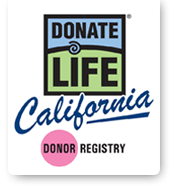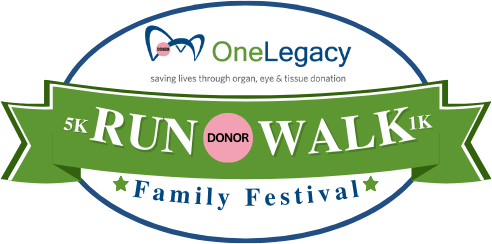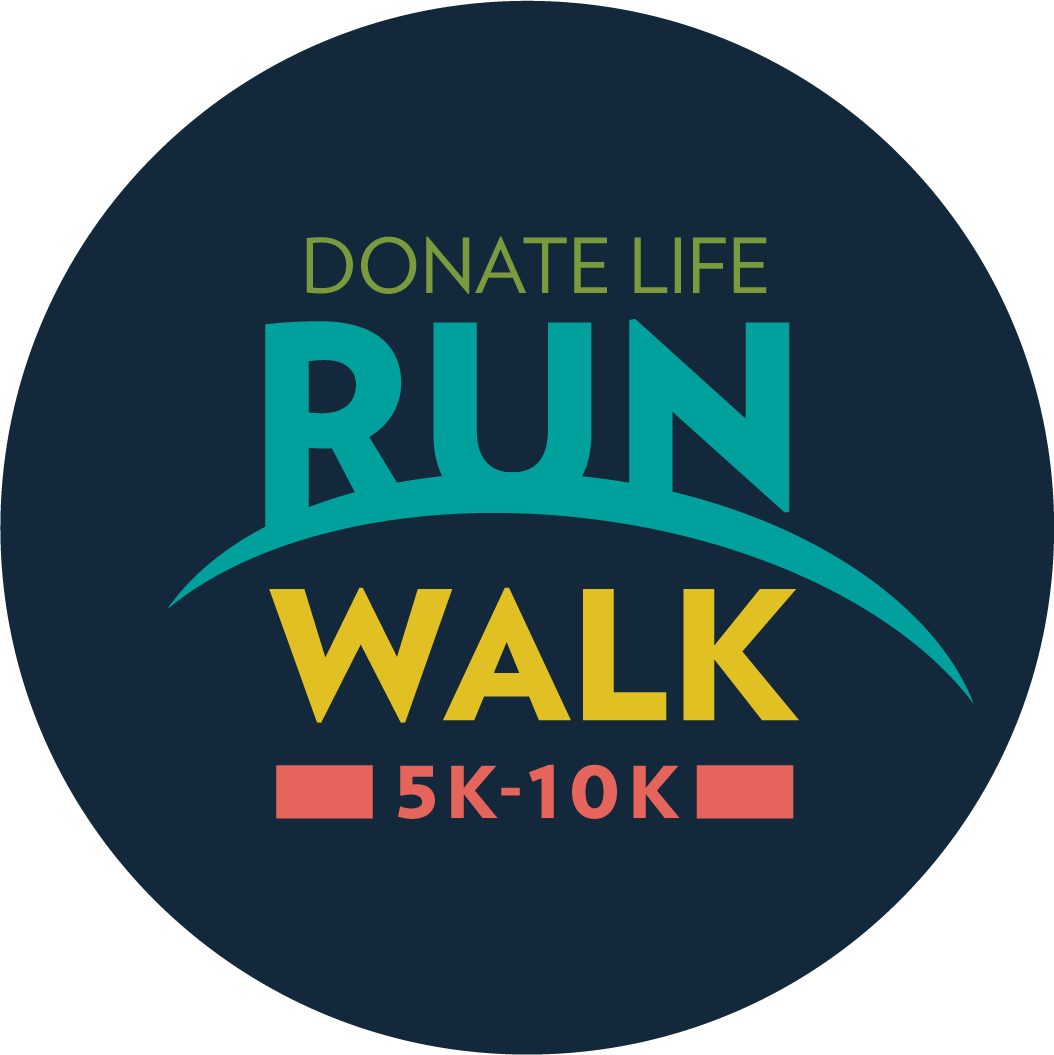Donate Life California Launches Registration Campaign During National Minority Donor Awareness Week
SAN DIEGO, Calif., August 1, 2013 – Donate Life California celebrates August 1_7 as National Minority Donor Awareness Week. The nationwide observance aims to educate minorities of the desperate need for organ, eye and tissue donors within multicultural communities. The observance also encourages people from all racial and ethnic groups to become donors by registering at Donate Life California, talking about it with their family and friends, and helping raise awareness by using the social media tools found at www.donatelifecalifornia.org/nmdaw.
Minorities make up 56 percent of the nearly 120,000 men, women and children on the national organ transplant waiting list. In California, minorities make up 72 percent of the nearly 21,000 people on the state’s transplant waiting list.
Ernesto Bravo Chavez, 12, of Palm Springs was just a young boy when he got a kidney transplant in 2005. His donor, Gabriel Barajas of Los Angeles, was a part of the Special Forces team that captured Saddam Hussein. Barajas had returned from three tours in Iraq when he was killed in a car crash. Ernesto says, “My mom always said she wanted to be buried just the way she was born. But now she has changed her mind. She wants her body to help all people, and my dad thinks the same way.”
Minorities are disproportionately affected by illnesses, like hypertension and diabetes, which can lead to end-stage renal disease and the need for dialysis or a kidney transplant, contributing to the higher number of minority patients on the national organ transplant waiting list.
This makes the need for more donors from ethnic minority groups critical. In California in 2012, 2,018 minority patients received organ transplants from 454 minority deceased donors and 311 from minority living donors. The wait is long and, sadly, 18 people die every day across the U.S. because the transplant they so desperately needed did not come in time.
“Donated organs are matched to recipients by compatible blood type, not race or ethnicity,” says Charlene Zettel, CEO of Donate Life California. “However, certain blood types are more common in ethnic minority populations, which is why increasing the number of minority donors can increase the frequency of minority transplants. Everyone waiting for an organ transplant will have a better chance of receiving one if there are more donors from their racial/ethnic background.”
To register as a donor or for more information about how to get involved please visit www.donateLIFEcalifornia.org.
The Donate Life California Organ & Tissue Donor Registry is the nonprofit, state-authorized organ and tissue donor registry which records the decision to donate in a secure, confidential database that is searched by authorized organ and tissue recovery personnel at the time of an actual donation opportunity. It is administered by Donate Life California and California’s four nonprofit, federally designated organ recovery organizations: Donor Network West , Lifesharing, Sierra Donor Services, and OneLegacy. For more information about the Donate Life California Registry, how donation saves and improves lives, and to sign up, please visit www.donateLIFEcalifornia.org or www.doneVIDAcalifornia.org.
High concentration of Azithromycin in infected tissues is also caused by the fact that phagocytes and macrophages transport it to the site of infection and release in the area of inflammation. Azithromycin is prescribed in case of illness or injury at the time.









